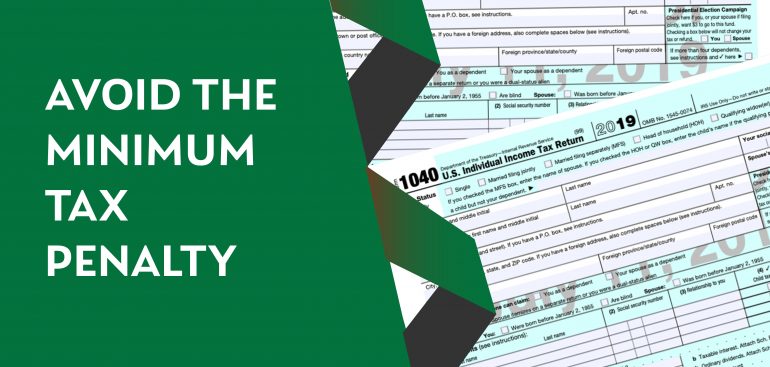The warm, fuzzy feeling that comes with doing a good deed is often reward enough for giving to those in need. However, what makes it all the more rewarding is the fact that charitable donations often have positive implications on your tax return. The deadline for filing your federal taxes is April 15th, 2020 (unless you apply for an extension, which will then mean the deadline is stretched to October 15th, 2020). As such, you will likely be keen to find out exactly what your charitable donations could mean for your return.
Here is what you need to know.

Only Certain Charitable Donations Can Reflect Positively on Your Taxes
In order to take advantage of the relevant deductions, you should take extra care in choosing a charity to which you would like to donate. The charity in question should be categorized as a ‘not for profit 501(c)(3)’ charitable organization. Also, remember to check whether or not your preferred charity is listed as an IRS qualified exempt organization. You can do so via the IRS website.
How much can you deduct?
The best case scenario for charitable donations is that you may be able to deduct up to 60% of your adjusted gross income. The amount that you are allowed to deduct from your return will be based on the type of contribution that you have made. Having said that, the absolute minimum amount that you will be able to deduct will usually be no less than 20%.
Remember, if you exceed the limit, via carryover, you will usually still be able to deduct the excess from tax returns over the next five years, possibly more.
Looking for assistance with regard to filing your taxes for the 2019 tax year? Contact Georgen Scarborough Associates, PC today for information on how we can help you.





